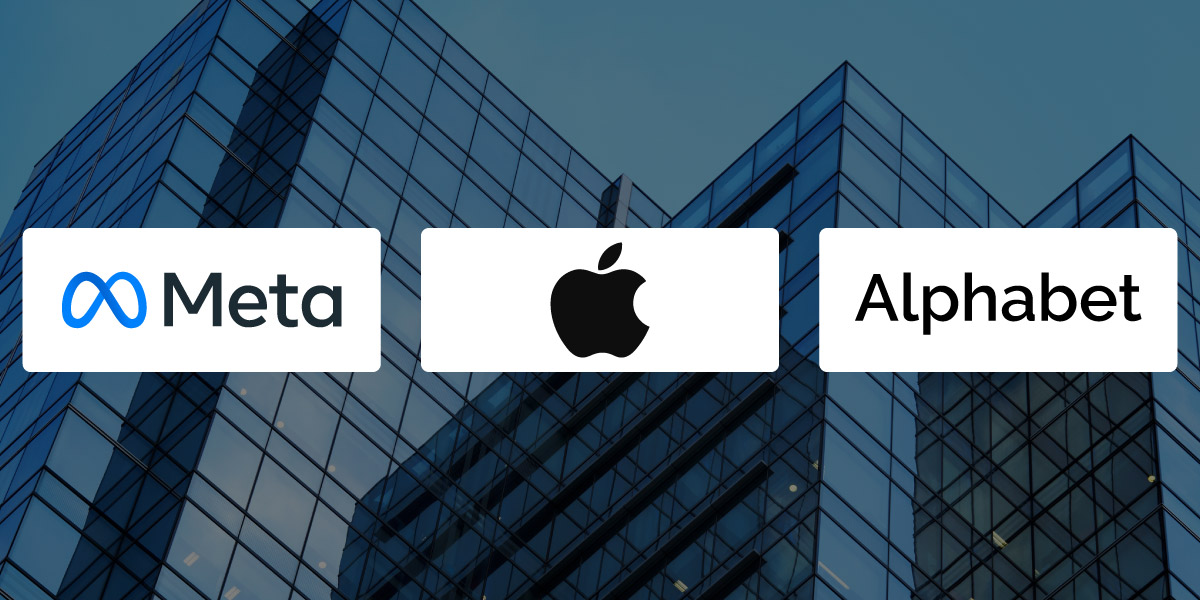
More on News
PM Modi Discusses Role of Technology in Agriculture, Education, and Health with Bill Gates
-
Team Eela
Intel has announced a new chip for artificial intelligence (AI) computing, called Falcon Shores. The chip is scheduled to be released in 2025 and will have 288GB of memory and support 8-bit floating-point computation. These technical specifications are important as artificial intelligence models have exploded in size, and businesses are looking for more powerful chips to run them.
The announcement comes as Intel is shifting its strategy to compete with Nvidia and Advanced Micro Devices (AMD) in the AI chip market. Nvidia currently leads the market, while AMD is expected to challenge Nvidia’s position with its chip, the MI300. Intel, by contrast, has essentially no market share after its would-be Nvidia competitor, a chip called Ponte Vecchio, suffered years of delays.
Intel said it has nearly completed shipments for Argonne National Lab’s Aurora supercomputer based on Ponte Vecchio, which Intel claims has better performance than Nvidia’s latest AI chip, the H100. However, Intel’s Falcon Shores follow-on chip won’t be available in the market until 2025, when Nvidia will likely have another chip of its own released.
Jeff McVeigh, interim head of Intel’s accelerated computing systems and graphics group, said the company is taking time to rework the chip after giving up its prior strategy of combining graphics processing units (GPUs) with its central processing units (CPUs).
“While we aspire to have the best CPU and the best GPU in the market, it was hard to say that one vendor at one time was going to have the best combination of those,” McVeigh told Reuters. “If you have discrete offerings, that allows you at the platform level to choose both between the ratio as well as the vendors.”
Intel’s Falcon Shores chip is a significant development in the AI chip market. The chip’s technical specifications are impressive, and it is scheduled to be released in 2025, which is sooner than some of its competitors. Intel’s decision to rework the chip after giving up its prior strategy is also a positive sign. The company commits to compete in the AI chip market, and the Falcon Shores chip demonstrates its serious determination to win.

More on News

More on News